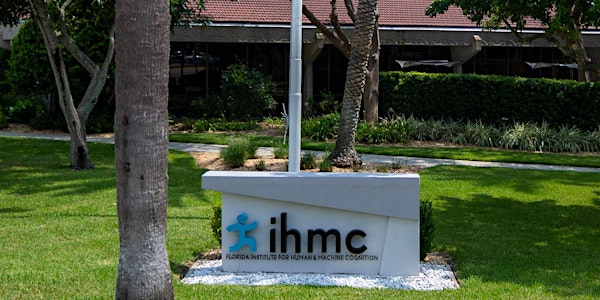THE TALK: Machines Thinking Fast and Flow
How the Way We Think is Shaping Smarter AI
As artificial intelligence becomes increasingly integrated into our lives, the way machines “think” is beginning to mirror how humans make decisions. The recent rise of large language models (LLMs) has brought renewed attention to a style of intelligence that resembles what psychologists call “thinking fast”—quick, intuitive, and context-driven responses. But human intelligence also relies on a slower, more deliberate system of reasoning—”thinking slow”—which allows for reflection, planning, and logical analysis.
In this talk, I explore how insights from dual-system theories of human cognition can help us build smarter, more adaptable AI. Drawing on examples from AI agents performing complex tasks, I highlight how combining fast, data-driven neural approaches with slower, symbolic reasoning leads to more robust performance. This dual-systems perspective not only provides a promising path for integrating symbolic and neural methods in AI, but also offers a framework for understanding the next generation of intelligent systems—machines that can reason, reflect, and react, all in the flow of thought.
Brent's research sits at the intersection of AI-based preference reasoning and cognitive modeling of human decision making, with the goal of designing intelligent systems that are both adaptive and human-aware. Her work focuses on developing automated models of preference to support decision-making in applications such as recommender systems, human-machine teaming, and behavioral modeling. More recently, she has explored the ethical implications of AI technologies and their potential for advancing social good. She is the co-author of two books and has published more than 100 peer-reviewed articles in leading AI journals and conferences. She collaborates with a number of premier research institutions, including NASA Ames, IBM Research, and NICTA, and her work has been supported by agencies such as NASA, ONR, ARL, NIH, NSF, the Gulf of Mexico Research Initiative, and the Future of Life Institute.
